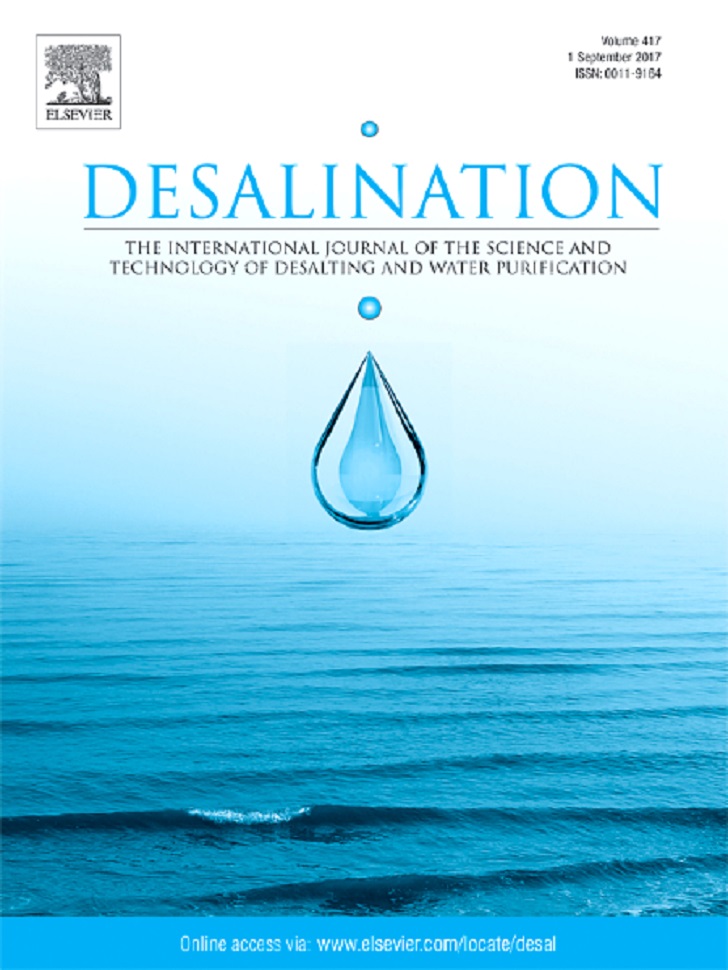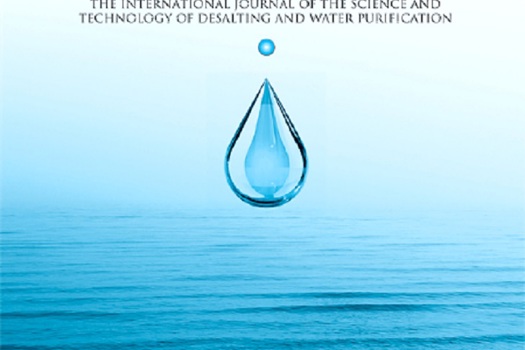
The research article 'The hybridization of thermally-driven desalination processes: The state-of-the-art and opportunities' has been published in Elsevier journal Desalination (Volume 506, 15 June 2021, 115002).
Abstract
Water scarcity is a global issue that needs to be urgently addressed to alleviate its adverse impacts on social and economic development. Desalination has been touted as an attractive alternative that can sustainably provide freshwater, particularly when there is no better option to augment water supplies. Tremendous research innovations and evolutions have been made to improve desalination processes in various aspects. Hybridization of two of more desalination processes has been recognized as a promising approach to tackle the inherent disadvantages of conventional desalination processes in regards of energy consumption, water productivity and environmental impacts. While there remains a huge demand for thermal-based desalination particularly in the Middle East region, it is timely to provide a review to look into the progresses made in the hybridization of thermal-based desalination processes. The opportunities for further advancement in the hybridization of thermal-based desalination processes are also proposed. The driving forces for the hybridization of these processes include energy saving, increased freshwater production and improved flexibility in tapping renewable energy. The design and configurations, performances and optimizations have been made in the hybridizations of thermal-thermal or thermal-membrane desalination. Thermal-based hybrid desalination system represents the future trend of commercial scale desalination operations.



